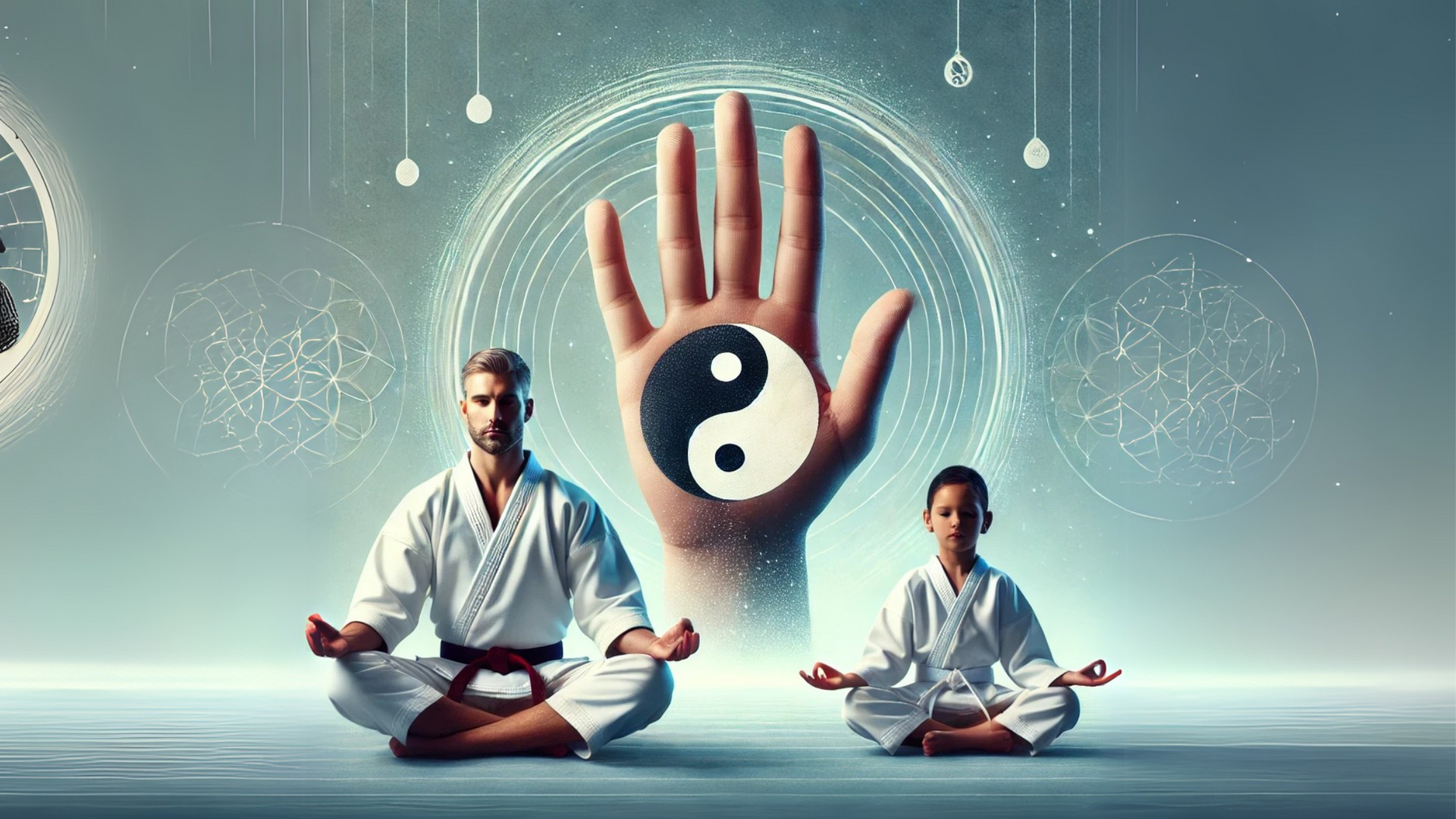In the midst of war, famine, and societal collapse, Grandmaster Hwang Kee distilled wisdom into ten articles of faith. While these pillars were formed as a response to his native Korea's devastating circumstances, their relevance is universal. Today, our society also finds itself at multiple crossroads. To achieve peace and prosperity, revisiting and implementing these principles is crucial.
1. Be loyal to your country
In a politically charged environment, loyalty to one's country has become a contested topic. This loyalty doesn't imply blind allegiance but encourages civic participation and critical thinking. With political parties more interested in sabotage than governance, it is crucial for individuals to remain steadfast in their loyalty to the nation by prioritizing facts over divisive rhetoric.
2. Be obedient to your parents
The breakdown of family values has detrimental societal impacts. The absence of positive male and female role models in family settings often leaves young people seeking guidance from less desirable sources, including negative influences on social media. Parents must also set the example for their children. Obedience to parents, based on mutual respect, can provide a stable foundation for future generations.
3. Be loving between spouses
In Tang Soo Do, we are reminded that the bond between spouses is not just a personal relationship, but the cornerstone of a strong family and a peaceful society. In the Western world, divorce rates are alarmingly high, often leaving children caught in emotional turmoil. This can create lasting wounds and perpetuate unhealthy patterns in future relationships.
Renewing a commitment to spousal love means choosing kindness, patience, and understanding daily. It means honoring the role we play in each other’s lives and recognizing that our relationship sets the example for the next generation.
At the same time, we must acknowledge an important truth: as hard as we try, some relationships may not work out. When separation becomes the path forward, the true test of martial character lies in how we handle it. Mutual cooperation, respect, and emotional maturity are vital—not only for personal healing but for the well-being of any children involved. The way we part can teach our children just as much as the way we stay—how to maintain dignity, compassion, and peace even through change.
A strong warrior protects peace in the home—even when the form of the home changes.
4. Be cooperative and caring between siblings
In the era of social media influencers, some like Jake and Logan Paul and other social media influencers seem to capitalize on destructive behavior for fame. Such figures may captivate young audiences but send the wrong message. Real-life values of cooperation and care among siblings should be actively promoted to counter such negative influences by parents, teachers and society.
5. Be faithful and loyal between friends
In our digitized world, friendships are often superficial. The transient nature of online relationships can undermine the virtues of loyalty and faithfulness. It is vital to teach the younger generation the difference between a 'click' and a real friend. Emphasizing the attributes of true friendship, and that friendship is not a transactional exchange but is empathy, caring and support for one another.
6. Be respectful to your elders
In a society obsessed with youth, the wisdom and experience of the older generation are often undervalued. Respecting elders doesn't just mean good manners; it means actively engaging with them to bridge generational gaps. Intergenerational relationships enrich communities with a wealth of knowledge and foster a sense of continuity, thus stabilizing society.
7. Be faithful and loyal between teacher and student
Teachers are instrumental in shaping the minds of the future. However, some have overstepped their boundaries, advocating personal and political biases instead of universal truths. A return to the principle of faithfulness and loyalty between teacher and student would reinforce the sanctity of education. The focus must be on learning and developing the tools for each students personal growth and success.
8. Face conflict with Justice and Honor
Conflict resolution is more important than ever, yet it's a subject often overlooked in traditional educational settings. The principle of facing conflict with justice and honor should be embedded in educational curricula, providing young people with the tools to contribute positively to societal cohesion.
9. Never retreat in battle - Don't give up
Our society lacks formal education in perseverance and goal-setting. Some people may rely on government assistance not out of necessity but out of a lack of ambition, thus perpetuating a cycle of dependency. The ethos of never giving up should be instilled from a young age.
10. Always finish what you start
In an era of quick fixes and instant gratification, the concept of seeing things through to completion has lost its importance. The art of finishing what one starts is a trait that lends itself to many areas of life, from professional commitments to personal endeavors.
Pathway to a Better Future
The teachings of Hwang Kee are not just relics of a bygone era; they are timeless pillars that can help us navigate modern complexities. To implement these guidelines, families can start by teaching these principles at home. Schools should integrate subjects that focus on these moral, ethical, and civic virtues, and media outlets should highlight stories that showcase these values.
By embodying these tenets and reciting these ten articles at the end of every class it serves as a constant reminder of the virtues that build strong, resilient individuals and, by extension, communities. By verbalizing these principles regularly, students young and old internalize these values, enriching not just their martial arts practice but their lives as a whole.
More significantly, each individual can practice these principles in their own life, creating ripple effects in their communities. By actively embodying these tenets in daily actions and decisions, we all participate in creating a society that mirrors these virtues. Through collective effort, we forge the path to a more peaceful, stable, and unified world.
At Warrior Scholar Martial Arts, we believe in empowering individuals with practical tools for self-mastery.
If you’re looking to explore more powerful self-improvement techniques, mind hacks, and mental resilience training, visit











